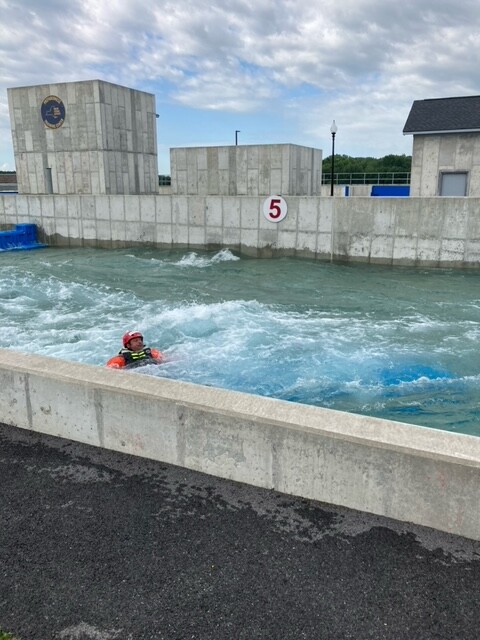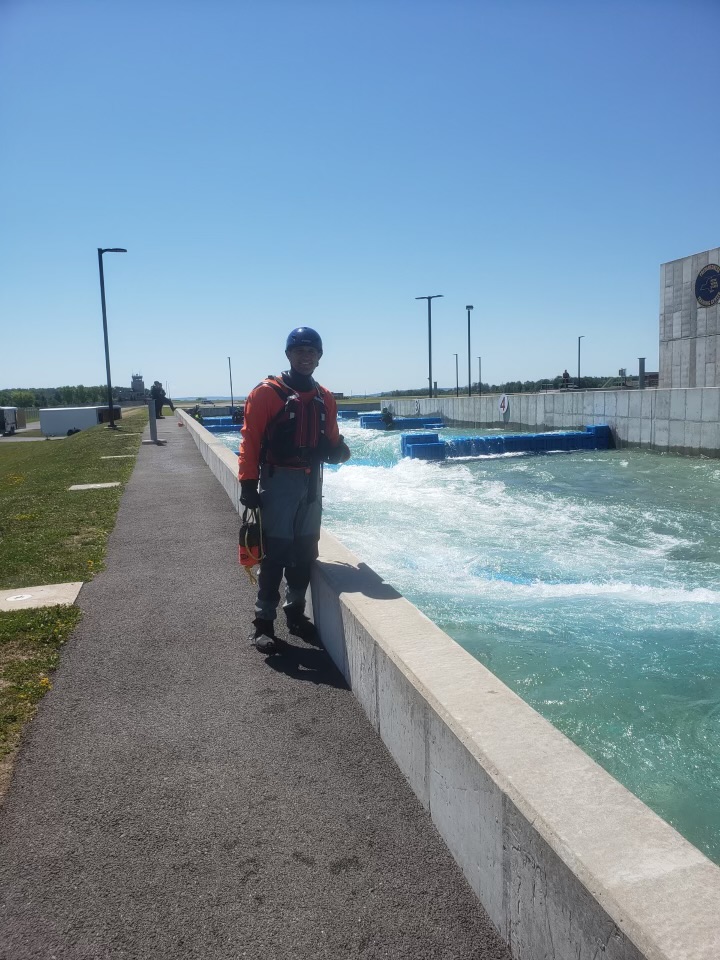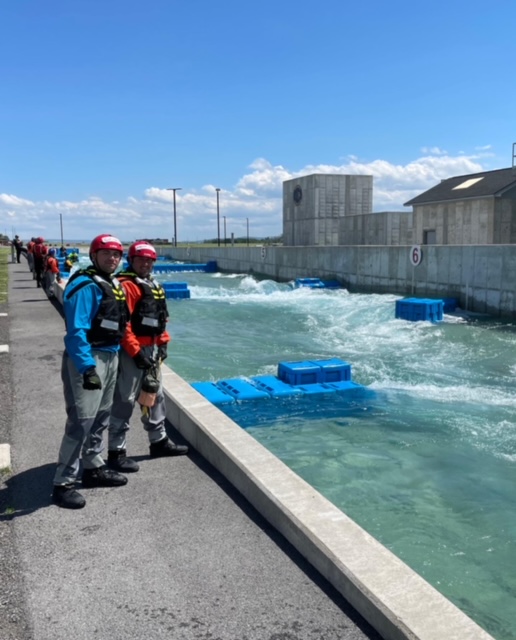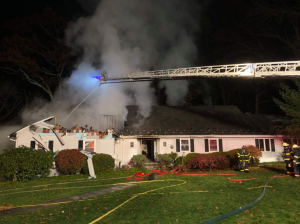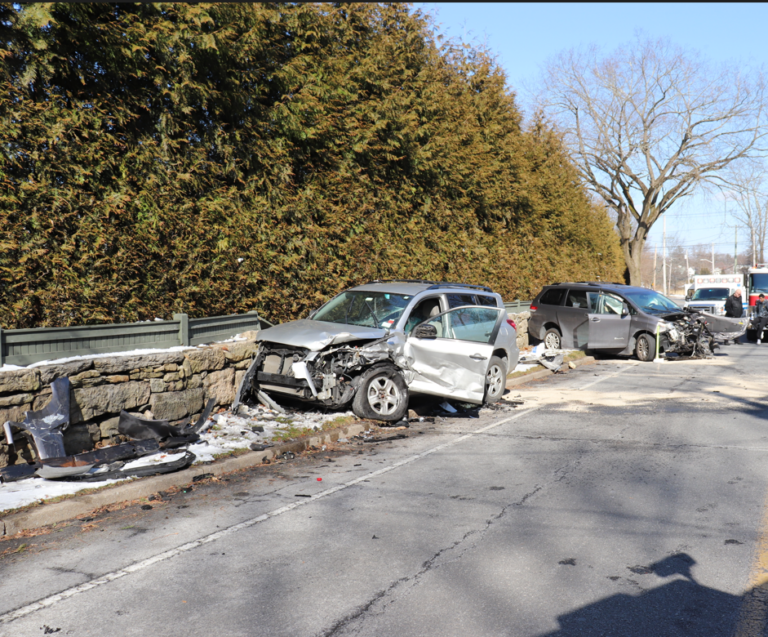Rye First Responders Learn to Navigate Swift Water
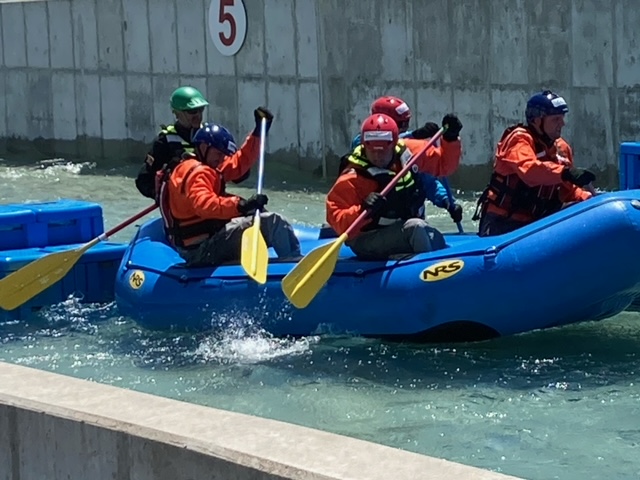
In the wake of Hurricane Ida last September, members of the Rye Fire and Police Departments have started to receive training in swift water and flood rescue training at the State Preparedness Center in Oriskany, New York. Recently, four FD members have completed the four day, 32 hour course that focuses on specialized swift water and flood rescue techniques.
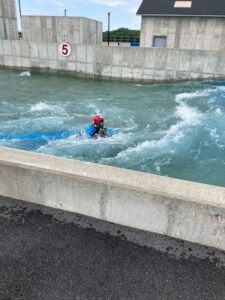
“What really prompted the training was response to Ida. Rye turned into a river in its downtown, which was pretty devastating,” said Rye Fire Fighter and President of Rye Professional Firefighters Local 2029 Ricky J. Colasacco. “It definitely helps us to prepare for any sort of flood rescue scenarios.”
A handful of police officers have also completed the same training and another six Rye FD members will head up to Oriskany for training at the end of the summer. “My expectation is by September, we should have one team able to go 24/7 which is six to eight technicians on 12 hour shifts,” Public Safety Commissioner Mike Kopy told MyRye.com. “It is a necessary investment that has to be made in order to be prepared to deal with the floods that are coming.” Six fully trained first responders are needed for each certified swift water rescue team.
Training Center
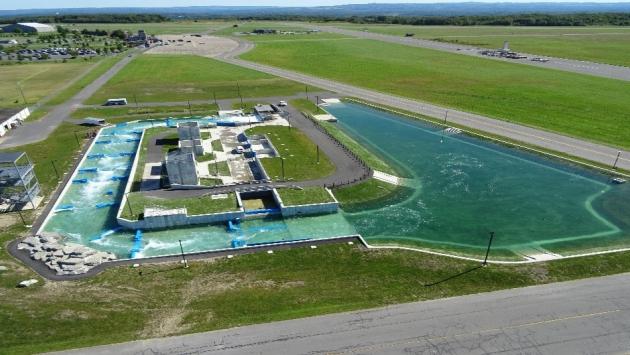
New York State Preparedness Training Center (SPTC) is a multi-discipline complex operated by the New York State Division of Homeland Security and Emergency Services (DHSES) on 1,100 acres in Oriskany in Central New York. Part of the Center is the Swift Water and Flood Training, a start-of-the-art complex that provides a unique training environment for swift water and flood rescue training and emergency boat operations.
The complex, run by officials from the Office of Fire and Prevention Control, incorporates a city block that can flood, a swift water channel, a vehicle in water rescue prop, a three-acre pond, and a high-angle rope rescue tower.
(VIDEO, below: New York State video on the Swift Water and Flood Training complex.)
Still Need Mutual Aid
The City will also still rely on mutual aid from Westchester County or further afield in New York State when needed. “When you have a city of this size with the potential flooding you have, we still will need to have mutual aid resources come in to help us,” said Commissioner Kopy.
He describes a process that requires judgement and risk management. “When we have a freak sudden storm you can’t get those resources. It takes them too long. So then you have to bring them in and request them ahead of time. Sometimes you bring people in, and it’s for naught.”
